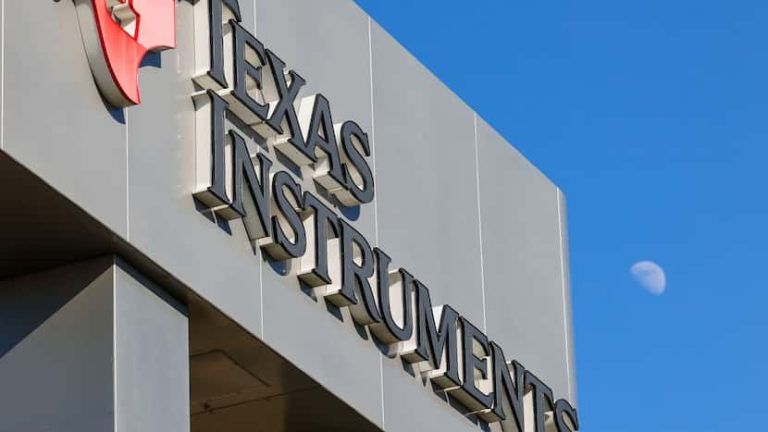Activist investor Elliott Management has acquired a $2.5 billion stake in Dallas-based semiconductor giant Texas Instruments, blaming the company for lackluster stock market returns and overspending.
In a letter to TI’s board of directors, Elliott said the company was spending heavily on big capital projects and that its “commitment to capital discipline will restore investor confidence.”
Elliott’s investment represents about 1.3% of the company’s market capitalization.
“Despite TI’s reputation as one of the best-managed semiconductor companies with strong growth prospects and competitive advantages, TI’s shareholder returns have consistently lagged behind its peers for several years,” Elliott wrote. “Our diagnosis is simple: investors are concerned that TI appears to be deviating from its long-standing commitment to drive free cash flow per share growth.”
Known to many consumers for its handheld calculators, TI is the world’s leading manufacturer of semiconductors, an essential component of many electronic devices. The company’s growth has coincided with efforts to centralize production in the U.S., highlighted by the company’s November 2021 announcement of a $30 billion complex in Sherman with four semiconductor foundries that will create 3,000 manufacturing jobs in the North Texas region.
The company has one manufacturing plant in Dallas, two in Richardson and two in Lehi, Utah.
In a letter to TI’s board of directors, Elliott, which owns more than $65.5 billion in various companies and investments, expressed concern about the size and frequency of these spending. It believes TI is investing in industrial capacity in excess of the projected demand for its products.
Elliott is known for high-profile activist investor campaigns involving companies such as Dallas-based AT&T, Twitter and Barnes & Noble.
“While there are multiple factors contributing to TI’s poor performance, we believe the most significant was the significant increase in capital investments announced for 2022, which represents a fundamental departure from TI’s long-standing commitment to drive free cash flow per share growth,” the letter said.
The letter said the focus on long-term development comes at the expense of stock price and that it is important for TI to refocus on a more “dynamic” strategy “consistent with past practices.”
Representatives for Texas Instruments did not respond to requests for comment.

